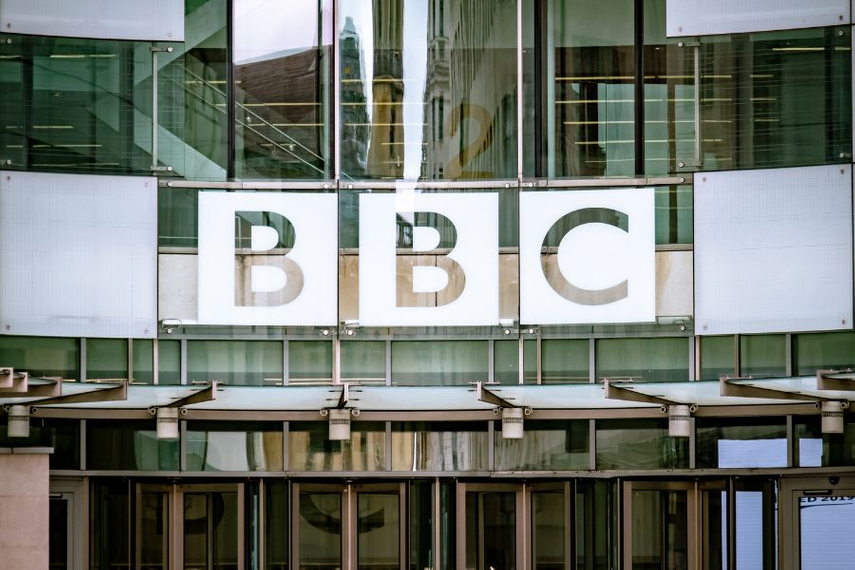
Please sign in or register
Existing users sign in here
Having trouble signing in?
Contact Customer Support at
[email protected]
or call+852 3175 1913
Following a series of tax raids in 2023 and shifting regulations, the BBC announced it's dividing its operations in India this week, as it seeks to meet the country's foreign investment rules.

Contact Customer Support at
[email protected]
or call+852 3175 1913
Top news, insights and analysis every weekday
Sign up for Campaign Bulletins
Kimihiro Takano steps in as Grey Japan's MD on July 1, 2025; CEO Masahiko Okazaki transitions to a new role at parent company WPP.
The grades are in for Campaign Asia's 22nd annual evaluation of APAC agency networks. Subscribe to read our detailed analyses.
Working through a complex merger in 2024, VML remained steady and stable. Now it's time to show the world how it can flex its scale to creative benefit for all to see.
Nearly 80% of the Film Lion winners used humour as a narrative style. McCann’s APAC chief creative officer and Film juror Valerie Madon explains why funny works, short-form is trickier than it looks, and why the best films sell more than just a feeling.